This Session has closed
TwoCents
What are the remedies available to one whose rights gave been violated at the African Commission level. Is there any jurisprudence in the African Court of Human and People's rights on Digital Rights and Freedom of Expression.
TwoCents
Briefly talk about Freedom of Expression as a right
TwoCents
What are Digital Rights.
TwoCents
Explain the Freedom of Expression in the context of Digital Rights.
TwoCents
Besides the African Commission, What other Stake holders are charged with the protection of digital rights mandate
TwoCents
Have these Stake holders initiated or made any efforts towards the protection of these digital rights
TwoCents
Has the African Commission put in place any legal framework in respect to freedom of expression and digital rights.
TwoCents
If you believe the African Commission has put a legal framework in place in respect to freedom of expression and digital rights, What has been the response from state parties to the African Charter in respect to that legal framework.
TwoCents
What are the Approaches that States have employed to curtail or limit Digital Rights in Africa
TwoCents
If you believe the African Commission has put a legal framework in place in respect to freedom of expression and digital rights, what are those underlying factors that you think have inhibited this legal framework or guidance to be issued by the African Commission. Or in any case why has the African Commission kept silent.
Similar sessions









I think these social media tech giants are right because at law; where ever there is a right , there is an obligation. Though there is enormous efforts by stake holders in recent years to protect freedom of expression online and offline every one (digital citizens inclusive) owe each other the obligation not to abuse these rights . For instance defamation; with the advent and impact of the internet, and particularly social media networks, it is easier than ever to publish content to a very wide audience in no time . Therefore article 17 of the ICCPR provides for the protection against unlawful attacks on a person's honour and reputation as section 19(3) of same ICCPR equally makes reference to the rights and reputation of others as a legitimate ground of limitation of these rights of freedom of expression. Reputation is the underlying basis in any claim of defamation or libel . Most countries have domestic legislations with varying consequences relating to acts that constitute defamation and libel . Other acts that may limit these rights are; breach of Privacy ; Harrasment(cyber bullying) and hate speech. Not all speech is protected under international law and some form of speeches are required to be prohibited by states. For example; Article 20 of the ICCPR provides as follows; (1) Any propaganda for war shall be prohibited by law . (2) Any advocacy of national, racial or religious hatred that constitutes incitement to descrimination, hostility or violence shall be prohibited by law . Reference could equally be made to Article 4 of the International Convention on all forms of Racial Discrimination requires that ; the dissemination of ideas based on racial superiority or hatred as well as acts of violence or incitement to such acts against any race or group of persons of another colour or ethnicity must be declared an offence punishable by law . Hate Speech provisions under international law is distinguished under 3 different categories which is as follows ; (1) that which must be respected. (2) that which may be restricted (2) that which is lawful and subject to protection.
I think my point of view is on the contrary because the African Commission does not make pronouncements on cases that are not brought before it. There is a proper legal framework in place on how cases can be brought before the commission. Cases are usually brought to the Commission by those who are directly affected by the relevant violation of their rights . However under certain circumstances it may be preferable to involve NGOs in a representative capacity. Nevertheless, there are different regional courts that have different standing provisions in this regard . But as for the ACHPR , all NGOs are permitted to file communications contrary to the African Court which limits this to NGOs with AU observer status . For instance in your Ugandan internet shut down case , NGOs are in a better place to act as whistle blowers because they are better placed to lobby and engage in advocacy campaigns and able to reach a wider audience. For instance where there may be fear of reprisals for instituting an action against the state , NGOs may be better placed to bear the brunt of such reprisals , NGOs may equally have expert knowledge, including technical and technological knowledge which are pertinent to digital rights cases. Just like in the "Federation of African Journalists"; a combination of institutional and individual approach can be an effective remedy towards such cases on internet shut down .
The African Commission in recent years have been doing enormous work to enable Africans understand their digital rights mostly through its yearly ordinary sessions which is mostly done in synergy with NGOs. A quick reference could be made to the African Centre for Democracy and Human Rights Studies (ACDHRS) in Banjul the Gambia , Digital Rights featured prominently at the African Commission on Human and people's rights 68th session. You can equally check on the outcome of the 69th session of the African Commission, issues relating to Privacy where seriously death with at the 62nd session etc etc ...
I don't think your worry should touch on the originality of your domestic statute (your privacy act). What is most important is wether this particular legislation meets up with standards provided by international law in protecting of privacy . For instance the Universal Declaration of Human Rights, The African Charter on Human rights, The International Covenant on Civil and Political Rights, The European Convention for the protection of human Rights and Fundamental Freedoms etc.. It is equally very important to note that no domestic legislation on rights protection exist in "limbo" ; inspiration must be drawn from some where , but what matters most is ; principles governing that statue must not fall short of universally accepted international standards.

 1370
1370
 4
4

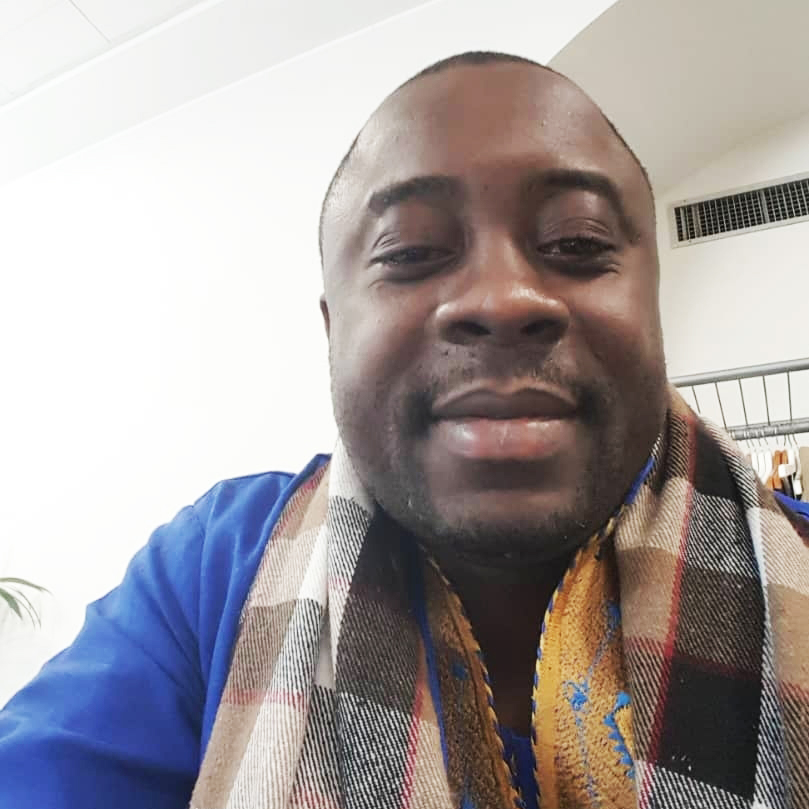
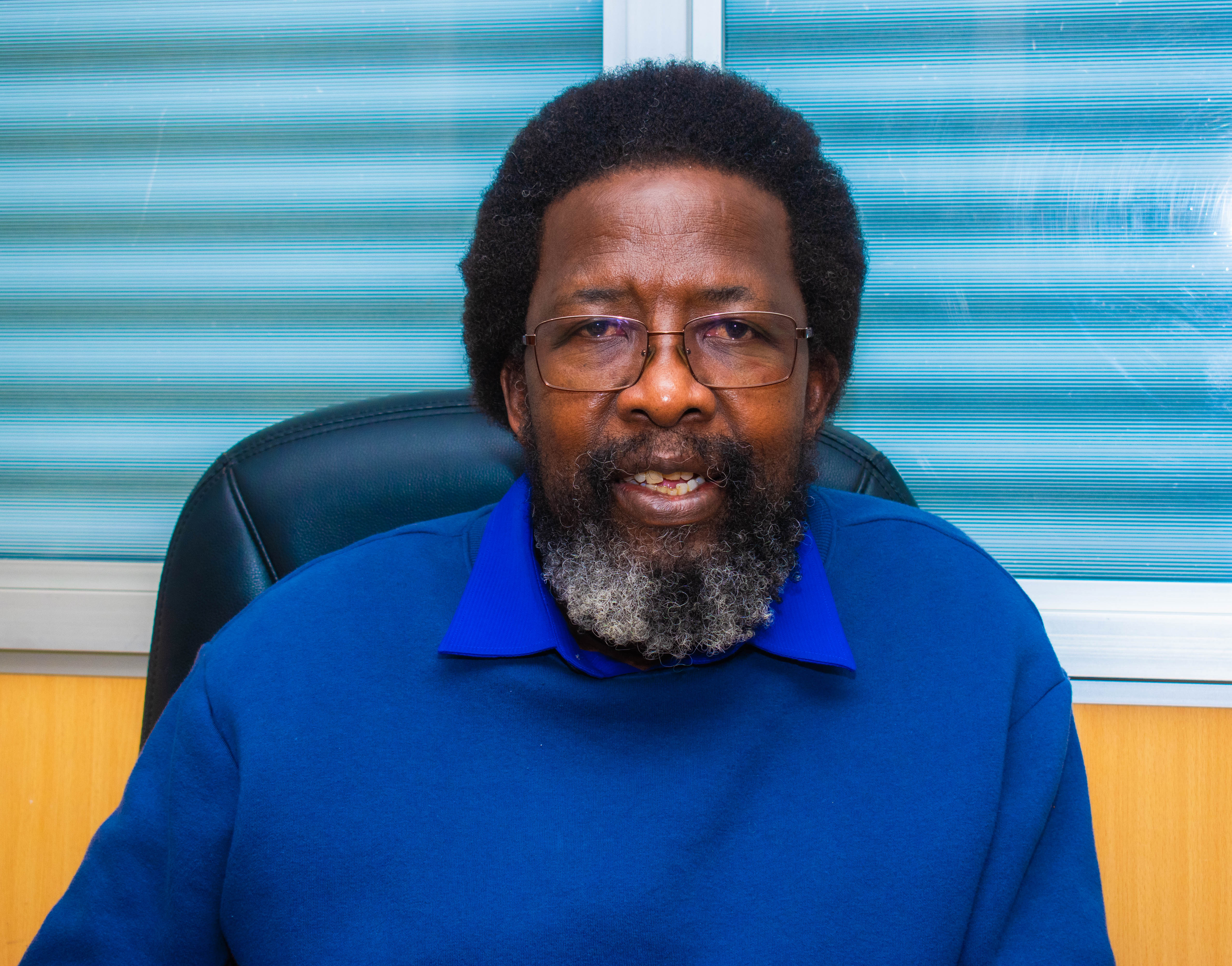








 Share this session
Share this session





 Bamenda, Cameroon
Bamenda, Cameroon










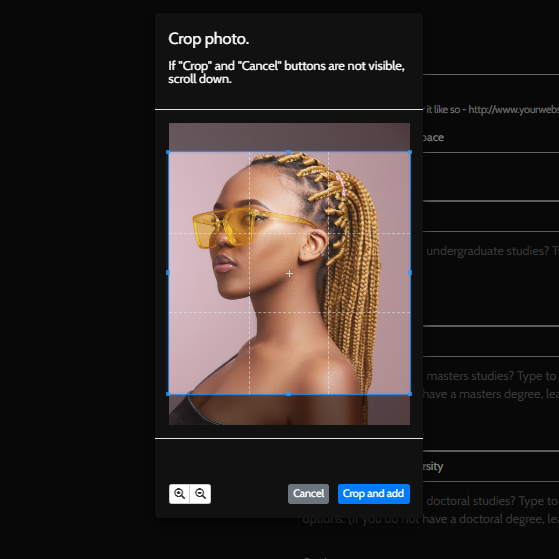
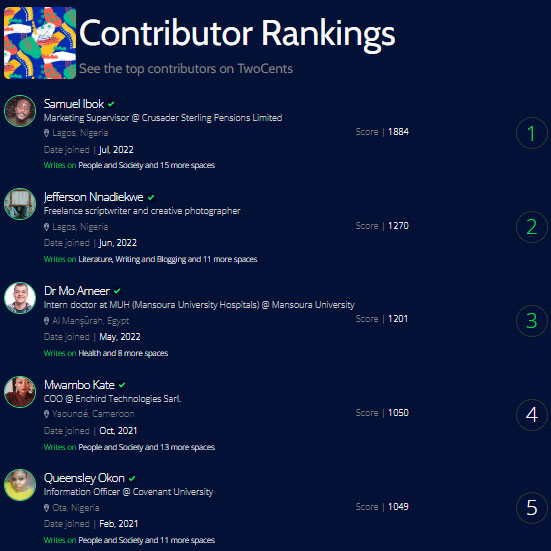






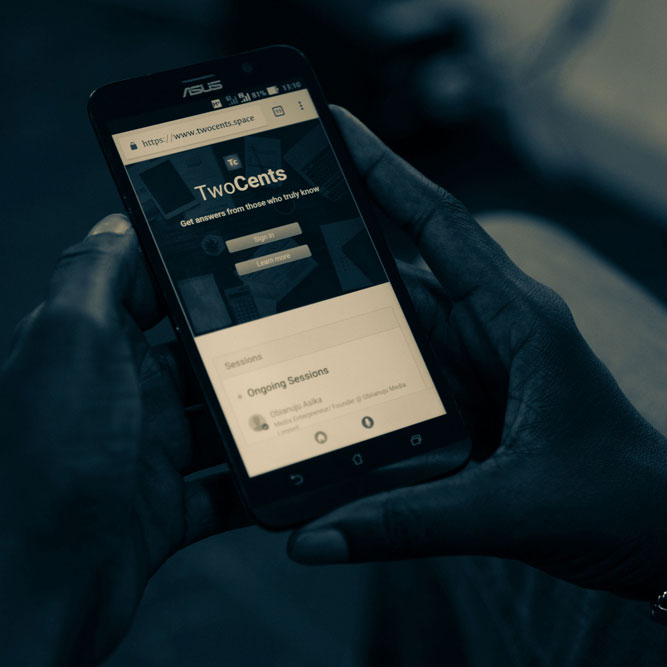
















Comments